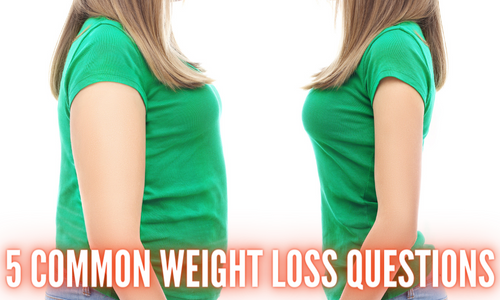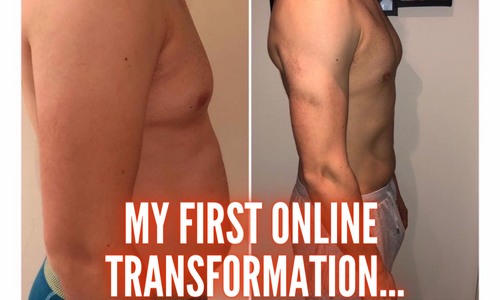Sleepless Nights, Bigger Bites: How Your Lack of Zzz’s Might Be Making You Hungry (Read Time: 4 minutes)

Ever had one of those nights where sleep seems like a distant dream? You know, the kind where you’re counting sheep and still wide awake, staring at the ceiling? And then, when morning rolls around, you find yourself starving—not for a balanced breakfast, but for every snack in sight? If this sounds familiar, you’re not alone. It turns out, those restless nights might be sneaking extra pounds onto your scale without you even realizing it.
The Hormone Rollercoaster: How Sleep Deprivation Messes With Your Hunger
Here’s the scoop: when you skimp on sleep, you’re basically playing a game of hormonal roulette. Two key hormones—leptin and ghrelin—are in charge of telling you when you’re full and when you’re hungry. Think of leptin as your body’s “I’m full” signal, and ghrelin as the annoying little voice that says, “Feed me!” When you’re sleep-deprived, leptin levels drop by about 18%, so you’re left feeling unsatisfied after meals. At the same time, ghrelin levels shoot up by 28%, making you feel hungrier. It’s like your body’s way of saying, “Hey, let’s order that pizza… again.”
Craving Chaos: Why Sleep Deprivation Makes You Reach for Junk
And it’s not just about eating more; it’s about eating the wrong stuff. After a bad night’s sleep, your brain craves high-calorie, sugary treats more than ever. Imagine waking up after a rough night and suddenly craving a donut instead of your usual healthy breakfast. That’s because your brain’s reward center is on overdrive, making those sugary snacks look irresistible. It’s like your brain has a vendetta against your diet.
The Diet-Sleep Tug-of-War: A Cycle of Trouble
But here’s where things get tricky: poor eating habits can also wreck your sleep. Loading up on sugary, low-fiber foods before bed can leave you tossing and turning all night. Ever enjoyed a late-night pizza and then struggled to sleep because of heartburn? That’s your body’s way of reminding you that greasy food and good sleep don’t mix. And guess what? The next day, you’re more likely to crave unhealthy foods again. It’s a never-ending cycle of bad sleep and bad eating.
Sleep Smarter, Eat Healthier: Your Secret to a Better You
Here’s the good news: improving your sleep can make a big difference for your health. Studies show that adding just an extra hour of sleep each night can lower your risk of obesity by 14%. Imagine getting into a consistent sleep routine—going to bed and waking up at the same time every day. You’ll feel more energetic and alert, making it easier to resist those late-night cravings. With better sleep, you’ll naturally make healthier food choices, and over time, those extra pounds will start to melt away.

The Bottom Line
So, what’s the takeaway? A good night’s sleep isn’t just a nice-to-have; it’s a powerful tool for managing your weight and improving your health. Ready to take control of your sleep and start feeling better?
Get the Scoop: Download My Free Checklist
Want to learn how to optimize your sleep and support your weight loss journey? Grab my free checklist, “3 Secrets to Optimize Sleep Habits and Support Weight Loss,” and start making positive changes today! Just drop your email below, and I’ll send it straight to your inbox.
Blog Posts
THE 5 MOST COMMON FAT LOSS QUESTIONS
How do I get rid of this stubborn belly fat? Should I lose weight and then do weight training? I don’t like to eat breakfast is that a bad thing? How do I stop snacking that’s my biggest problem? How do I get motivated to start losing weight? These are my most common questions over...Continue reading→
MY FIRST ONLINE TRANSFORMATION
Jake was my first ever Online client!... But he did have a couple of concerns about starting the programme: How effective is Online Personal training for someone who is brand new to the gym and home workouts? 🤔 Will Brenton be able to cater to my unpredictable work/family routine? 🤔 Will this hold me accountable...Continue reading→




